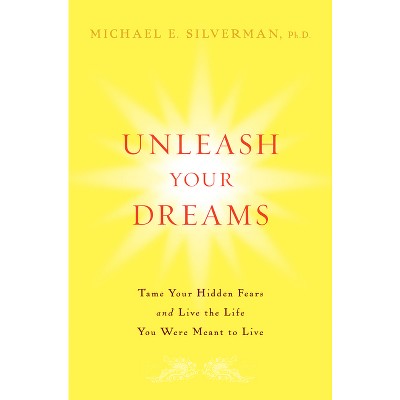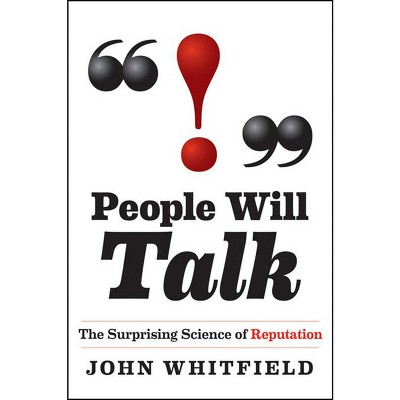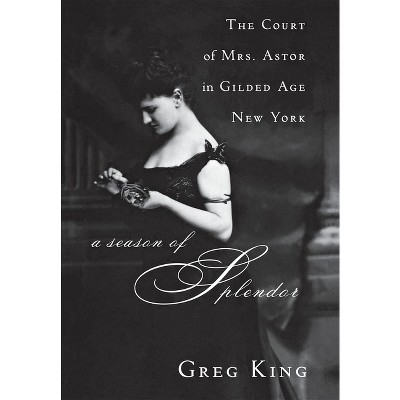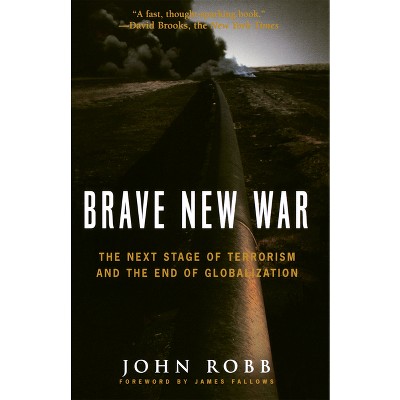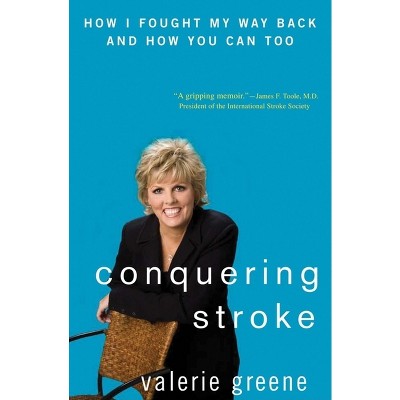About this item
Highlights
- Since his 1991 debut at New York's Metropolitan Opera, Hao Jiang Tian has appeared on the world's greatest stages, more than 300 times at the Met alone.
- About the Author: Hao Jiang Tian is the first Chinese-born opera singer to achieve a lasting success on world stages.
- 336 Pages
- Biography + Autobiography, Personal Memoirs
Description
About the Book
This is the charming memoir of an internationally renowned operatic bass who began life in Mao's China and endured the Cultural Revolution to forge a career at the Metropolitan Opera at a time when very few Asian singers appeared on the world's most prominent stages.Book Synopsis
Since his 1991 debut at New York's Metropolitan Opera, Hao Jiang Tian has appeared on the world's greatest stages, more than 300 times at the Met alone. How he got there is a drama of bittersweet humor, mortal danger, heartbreaking tragedy, and inspiring triumph-more passionate and turbulent than even the grandest opera. In Along the Roaring River, Tian relives his coming of age in China during the chaotic Cultural Revolution of the 1960s and 1970s and his dramatic journey from hard labor in a Beijing factory to international opera stardom.From the Back Cover
Since his 1991 debut at New York's Metropolitan Opera, Hao Jiang Tian has appeared on the world's greatest stages, more than 300 times at the Met alone. How he got there, how-ever, is a drama of bittersweet humor, mortal danger, heartbreaking tragedy, and inspiring triumph--more passionate and turbulent than even the grandest opera.
In Along the Roaring River, Tian relives his coming of age in China during one of its most chaotic periods, the Cultural Revolution of the 1960s and 1970s. Wild and rebellious, nature-loving, emotional, and yearning for beauty, he finds release in underground love songs howled from mountaintops and banned books stolen from boarded-up libraries. Decades after leaving China during the post-Mao Anti-Spiritual Pollution Campaign, he returns to find his homeland vastly different. In between, more by fate than by design, he achieves success in the most Western of art forms--and takes his place among the influential Chinese artists, film directors, and composers of this era, who were all shaped by that terrible time.
Tian was born to stern revolutionary parents who became important musicians in the People's Liberation Army, enjoying the privileges reserved for officials of New China. The boy showed little promise of living up to his parents' expectations. He hated music. He celebrated the end of his forced lessons at the piano--the "big black beast with eighty-eight teeth"--when his unsmiling teacher was sentenced to isolation for counterrevolutionary tendencies. Then, when Tian's own loyal Communist parents were sent to a far-off coal-mining town to be "reeducated," young Tian found him-self abandoned and alone in Beijing. Without parental supervision, outside politics, and, at age fifteen, assigned to hard labor--cutting metal in the Beijing Boiler Factory--the young man found himself spiritually free. He even fell in love with the piano-beast, with which he shared his tiny, lonely room. He taught himself accordion and that most decadent of instruments, the guitar. He became a singer by chance, and, after seven years, tricked his way out of the factory and into a musical audition that changed his life. He smuggled watches with gun-wielding gangsters to scrape together enough money to leave China. And then, on his way to Denver to study voice, on his first day in the United States, he went to the Metropolitan Opera and saw the very first opera of his life. Eight years later, he made his debut at the Met alongside Plácido Domingo.
Peppered with charming, frightening, and sobering anecdotes, Along the Roaring River is important and rewarding reading for anyone who loves opera, political history, or a thrilling and powerful true story well told.
Review Quotes
Praise for Along the Roaring River
"I was so completely taken with Hao Jiang Tian's memoir that I carried it half-way around the world to finish reading it. Tian let me into his world, one filled with astonishing events and candid details. He has a natural storytelling voice in finding the strange and humorous ironies that link past and present. Along the Roaring River is as riveting as a well-told novel." -Amy Tan
"I have sung eight operas with Tian since his Met debut, and now I understand how the passion and strength in that beautiful voice were created in desperate and dangerous times. Tian has had a life worthy of an opera!" --Pláaacute;cido Domingo
"I was deeply moved by Tian's story, how he struggled to survive in the maelstrom of Mao's China and then how he toiled to succeed as an artist in America. . . . It is no surprise that music--like it did for me--took him to a higher place, and it was thrilling to read how music fueled this young man's wild imagination and provided a passion for living." --Quincy Jones
"Along the Roaring River is a gripping and inspiring account of how an artist transcended the savagery of the Cultural Revolution to take his place on the world's greatest opera stages. This book reads like a suspense novel." --Allan Miller, filmmaker, From Mao to Mozart and Isaac Stern in China
"Along the Roaring River takes us through an extraordinary life filled with humor, suspense, and an operatic-sized heart. From the deprivations and chaos of China's Cultural Revolution to the excitement and glamour of opera's great stages, Tian's gripping and moving memoir spans many different worlds, discovering in each the common humanity which binds them together. This is a book which makes us want to sing!" --David Henry Hwang, playwright, Tony Award winner, M. Butterfly
In this remarkable memoir, operatic bass Tian relates the dramatic story of his childhood in Communist China, his coming of age during the Cultural Revolution of the 1960s-1980s, and his success on the international opera circuit and as a ""house basso"" at the Metropolitan Opera. As the first native Chinese opera singer to achieve renown outside of his country, Tian brings a unique perspective to the cultural divide between China and the West. His journey from teenage factory worker to choral member of Beijing's Central Philharmonic Society to graduate student in Denver to sought-after opera star is so riveting and filled with fascinating detail that it reads like a page-turning novel. Indeed, Tian's outsize personality resembles that of many of the characters he portrays on stage. The writing throughout is without pretense and almost artless in its directness, yet it resonates with humanity, candor, and passion. All opera fans as well as readers interested in the social and political history of China will be captivated by this inspirational book. Highly recommended.
-Larry Lipkis, Moravian Coll., Bethlehem, PA (Jibrary Journal, May 1, 2008)
Together with Morris, a New York Times music writer, celebrated operatic bass Hao Jiang Tian tells the colorful story of how he became the first world-class Western opera singer from China. In Beijing, separated from his parents (both military officer/musicians whose Communist loyalties were under suspicion), Tian chafed against the artistic restrictions of China's Cultural Revolution. ""Everything natural became unnatural,"" he writes. Tian is 20 before he discovers his singing voice, and he is 30--having played accordion, studied Verdi and attended an American college on scholarship--by the time he sings at the Metropolitan Opera in 1991. Tian's adventures are driven by pluck, yuan (fate) and romance, and spun with a raconteur's skill, the narrative's chronological rush spiked with apt foreshadowing, flashbacks and endearing humor. His insider's take on the rigors of operatic training and backstage blowups, along with his career details (roles from Mephistopheles to poet Li Bai) and name-dropping (Pavarotti, Domingo), are a fan's delight. Most remarkable, however, is the way that Tian's concern for family and country, along with the details of his life in music, create a metaphor for an emerging self-awareness. (May) (Publishers Weekly, March 31, 2008)
About the Author
Hao Jiang Tian is the first Chinese-born opera singer to achieve a lasting success on world stages. A bass with a voice that is unusually sweet and versatile, he has appeared at the Metropolitan Opera every season since he debuted there in 1991. He performs the major bass roles at the great opera houses around the globe. Recently he and his wife, Martha Liao, have begun to foster new Chinese opera and talent for the world to hear. Now an American citizen, Tian has homes in New York City, Denver (where he used to sing at a piano bar), and Beijing.Lois B. Morris and her husband, Robert Lipsyte, have written for the New York Times about classical music and opera. Separately, Morris writes about mental health and psychology, including a long running column in Allure. She has written or co-written eight books. Lipsyte is a "New York Times" contributor, former sports and city columnist, and television commentator. He has written seventeen books.
Shipping details
Return details
Trending Non-Fiction







